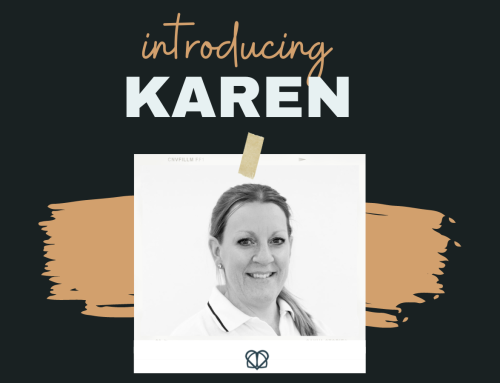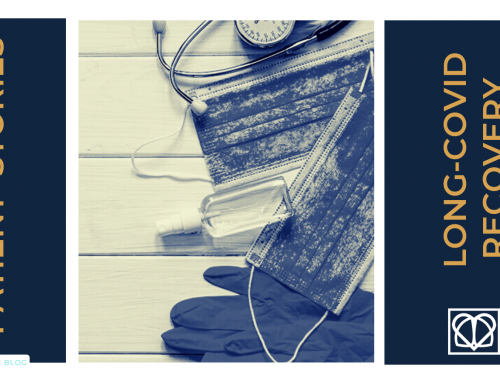euromuscular disease is a broad term that describes a group of inherited diseases that affect the function of the muscles. The neuromuscular system encompasses not just the muscles throughout the body but also the nerves that control voluntary muscles. You can then begin to suffer from muscular weakness because the nerves that control your body do not exchange information to your muscles in the way they normally would. Whilst there are different types of neuromuscular conditions, they will all lead to an eventual loss of strength and increasing disability.
What can it mean for you?
For many, the diagnosis is a devastating blow – not just to the person receiving the diagnosis but to the whole family. In most cases the disease is progressive. Muscle wastage increases over time, strength is reduced, whilst pain and fatigue becomes more common. It means that those everyday tasks so many of us take for granted become more and more difficult – walking around, lifting the kettle, climbing the stairs can all become much more challenging. As time progresses, even swallowing, breathing and speaking can start to be affected.
For most neuromuscular conditions there is no cure, but it’s important to realise that it can be managed and treated to help improve symptoms, increase mobility and lengthen life.
How can it affect the respiratory system?
A number of different muscles are engaged in order for you to breathe normally. These include the muscles between your ribs, your diaphragm, and muscles in your throat and neck.
When you experience neuromuscular weakness these muscles can suffer from fatigue which makes it difficult to breathe normally. Your breathing can become more shallow and you may feel short of breath. You can be more susceptible to chest infections, as the muscles involved in coughing may become weak, making it more difficult to clear phlegm from your chest. You may also experience under-breathing (known as hypoventilation), especially when you’re sleeping.
How can Air Physiotherapy help?
Respiratory physiotherapists help people with neuromuscular disorders, not only to help improve their physical function or independence, but to assess their respiratory function. We can help assess your cough strength and help ensure your cough is effective, ultimately helping to protect you again infection. We can closely monitor other aspects of your condition which may require further investigation or input, such as how well you are able to swallow your food; which positions are most comfortable for you in bed or sitting and do we need to explore alternative options? We can work closely with your doctors to ensure you stay well, link you and your family to local support and ensure you get the help you need, if and when you need it.





